CIMAM 2022. Day 1: Changing from the Inside: How should we Govern Ourselves?
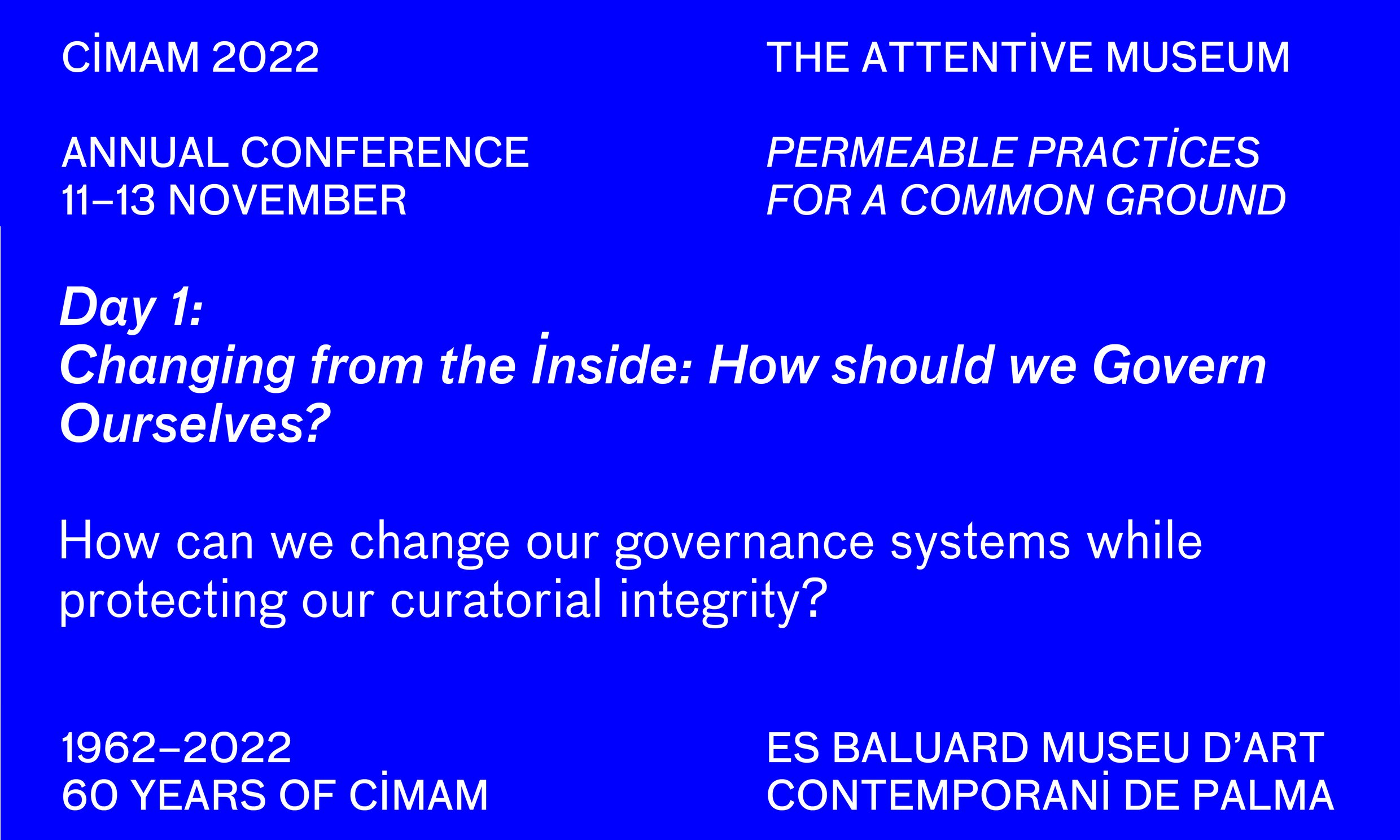
Day 1: Changing from the Inside: How should we Govern Ourselves?
Perspective
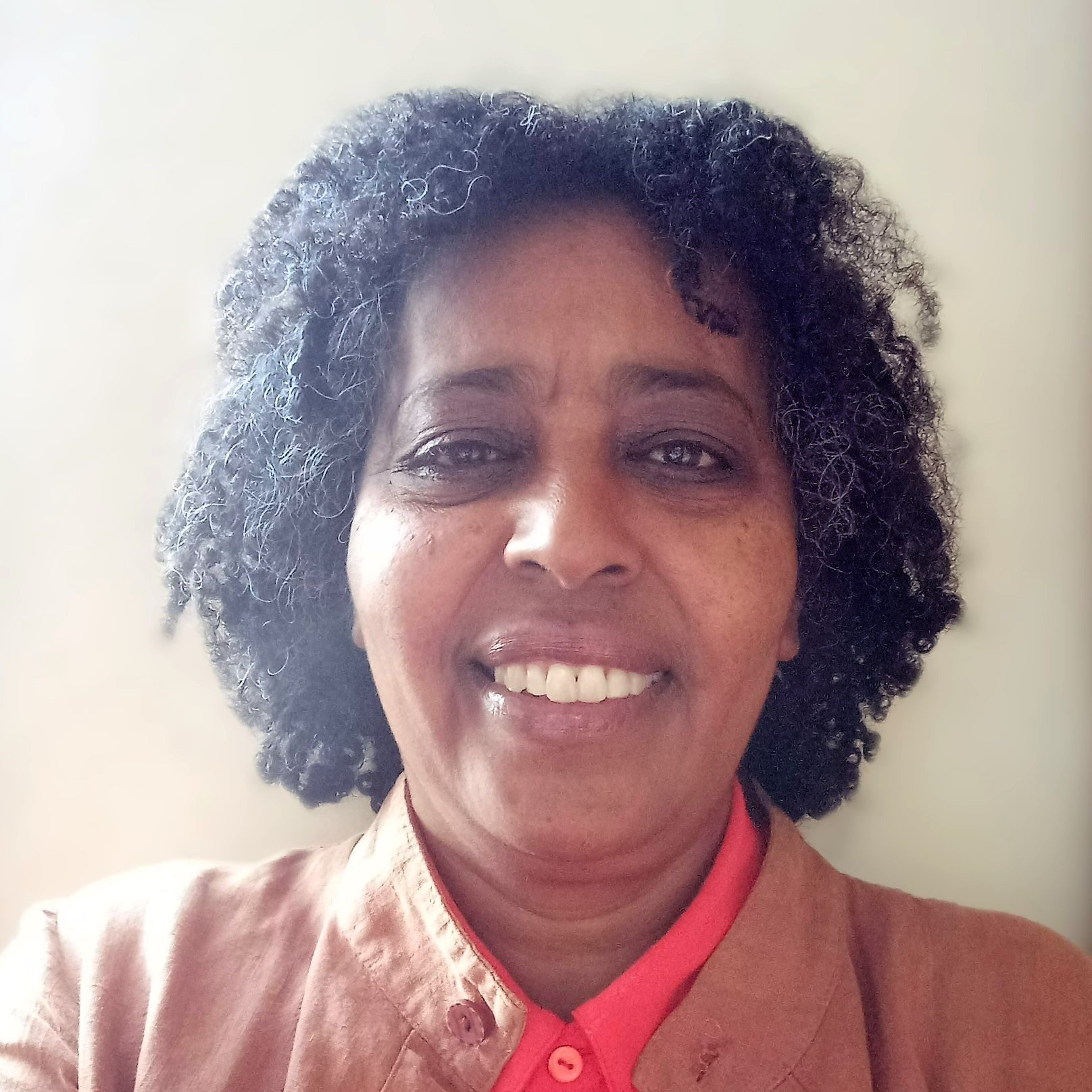
Meskerem Assegued Bantiwalu, Curator and General Director, Zoma Museum PLC, Addis Ababa, Ethiopia
Zoma Museum
One of the most unique aspects of humanity is its insatiable desire to outlive itself. The purpose of museums is to house, preserve, study, and document monumental objects or ideas by inventive minds and guarantee their longevity. Museums collect new art that reflects the moment to attract a new and young audience. The youth, who are worried about their future are trending away from categorizing and labeling humans. They are also concerned about climate change and social justice. They use their technological and social media savviness to share their opinions and creativity openly and freely. Museums will depend on them as stakeholders and decision makers who will bring new and alternative curatorial and collection approaches.
Zoma Museum is a private limited company whose goal is to be financially autonomous. It has ongoing exhibitions, workshops, and symposiums in the galleries as well as live performances at the outdoor amphitheater. It often collaborates with local and international art institutions and businesses. Its winding walkway through its eclectic indigenous garden is designed to accommodate wheelchairs, the elderly, and children. Recently, eBIRD named Zoma Museum one of the birdwatching hotspots for the various birds attracted by the local flora. The dairy cows, goats, sheep, chicken, rabbits, and tortoises in the compound are a major attractions to families with children. The presentation at CIMAM will focus on how museums can think creatively in response to current issues and how they can position themselves for the future.
BIOGRAPHY:
Meskerem Assegued is a curator, anthropologist, writer, and co-founder of Zoma Museum with Elias Sime. She curated Giziawi #1, an art happening; Divine Light by David Hammons in Addis Ababa; and Green Flame, the visual art exhibition of the New Crowned Hope Festival by Peter Sellars in Vienna. She co-curated Eye of the Needle Eye of the Heart at Santa Monica Museum of Art with Sellars; Curvature of Events at the Staatliche Kunstsammlungen Dresden; Johannes Haile: With Different Eyes at Institut für Auslandsbeziehungen, Germany; and Vital Signs at Katzen Art Center, Washington DC. She recently co-designed and constructed the landscape and buildings at the Menilik’s Grand Palace and is currently constructing Zoma Village Entoto with Sime in Addis Ababa.
She has participated in various workshops and symposia, including those organized at MoMA and Tate Modern. She was awarded France’s Chevalier dans l’ordre des Arts et des Lettres, and has been a member of the selection committees for Dak’Art and the Venice Biennale African Pavilion.
Perspective
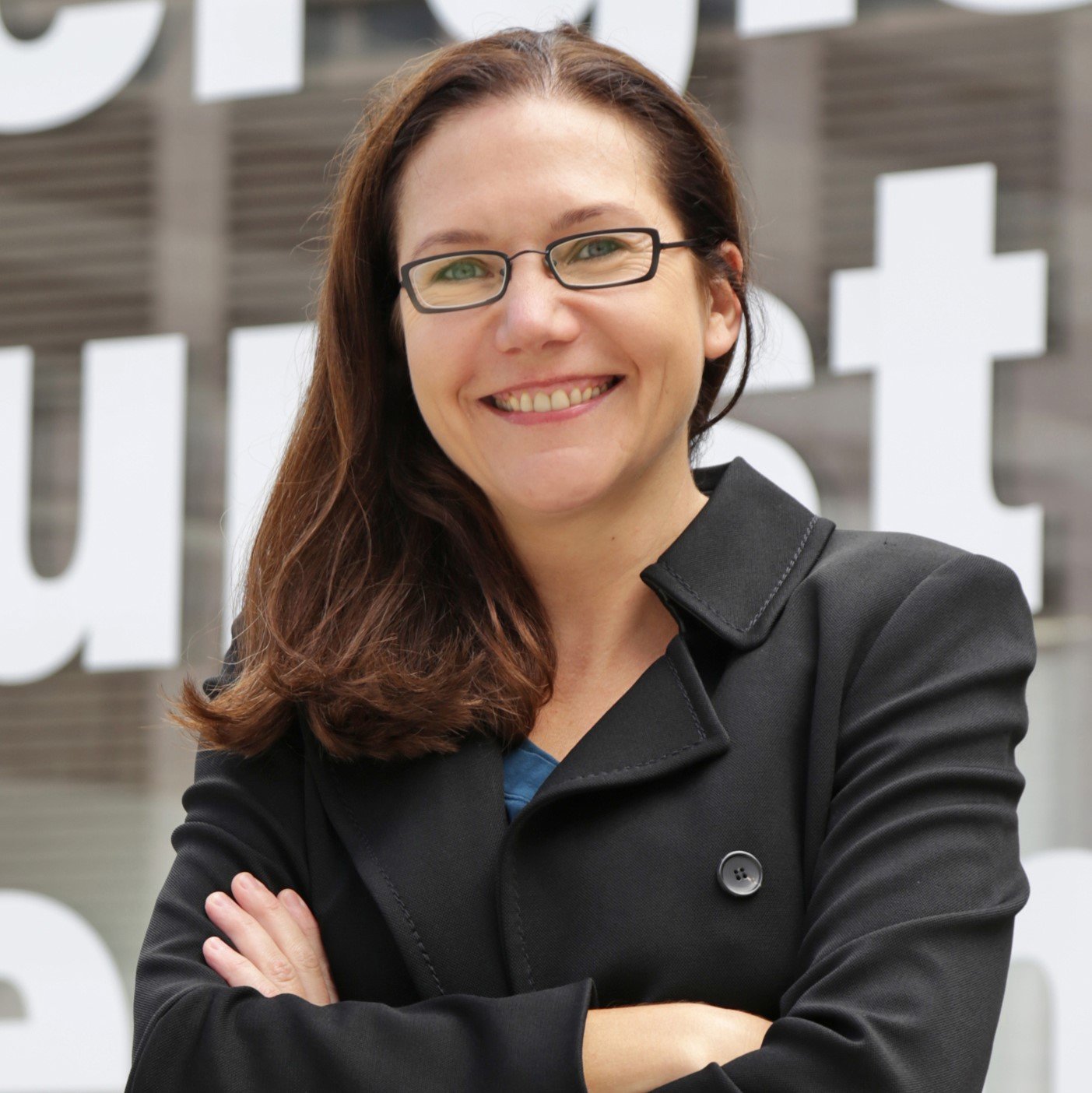
Iris Dressler, Codirector, Württembergischer Kunstverein Stuttgart, Stuttgart, Germany
Negotiating conflicts and connecting lines.
If our goal - the public museum or public art institution of the future - is to be a more just or even equitable institution, it cannot correspond to a model that would cancel out all contradictions, but can only emerge on the basis of permanent, decentrally negotiated conflicts and connecting lines - divisible and indivisible moments of joy, Empowerment and sorrow, success and failure, agreement and outrage, understanding and misunderstanding, friendship and rupture. Listening would then mean being able to both allow and question and reject criticism - beyond the competitive pursuit of a positive image, exclusivity and superlatives. How can we embrace each other without smothering each other?
In my contribution, I would like to tie these reflections to two aspects:
1) the, despite decades of debate, still dominant unfair working conditions within the art industry, ranging from artists* to interns, and
2) the conflicts between two high values: artistic freedom and the fight against discrimination. In the context of documenta fifteen, this conflict was and is being instrumentalized in Germany in a highly questionable way by the media and politics, with the result that in the name of anti-discrimination, the most diverse forms of discrimination have been and are being given free rein. In this way, documenta fifteen was and is being distracted from the fact that documenta fifteen makes a few fundamental suggestions for a structural change in the art world.
BIOGRAPHY:
Iris Dressler and Hans D. Christ have been Codirectors of the Württembergischer Kunstverein (WKV), Stuttgart, since 2005, with a particular focus on the exploration of collaborative, transcultural, and transdisciplinary practices of curating. In 2019, they were the artistic directors of the Bergen Assembly, and in 1996 they founded the Hartware Medienkunstverein, which they directed until 2004.
Under their direction, the Kunstverein has presented solo exhibitions of artists such as Carrie Mae Weems (2022), Lorenza Böttner (2019, curated by Paul B. Preciado), Imogen Stidworthy (2018), Alexander Kluge (2020 and 2017), Ines Doujak (2016), Teresa Burga (2011, curated by Miguel Lopez and Emilio Tarazona), Michaël Borremans (2011), Daniel G. Andújar (2008), Anna Oppermann (2007, curated by Ute Vorkoeper), and Stan Douglas (2007). Recent group exhibitions include the four-part project Actually, the Dead Are Not Dead (2019–22 in Bergen and Stuttgart with various constellations of co-curators) and 50 Years after 50 Years of the Bauhaus (2018). She teaches regularly at the Staatliche Akademie der Bildenden Künste, Stuttgart, and elsewhere, and has published largely on contemporary art and its political and theoretical contexts.
Perspective
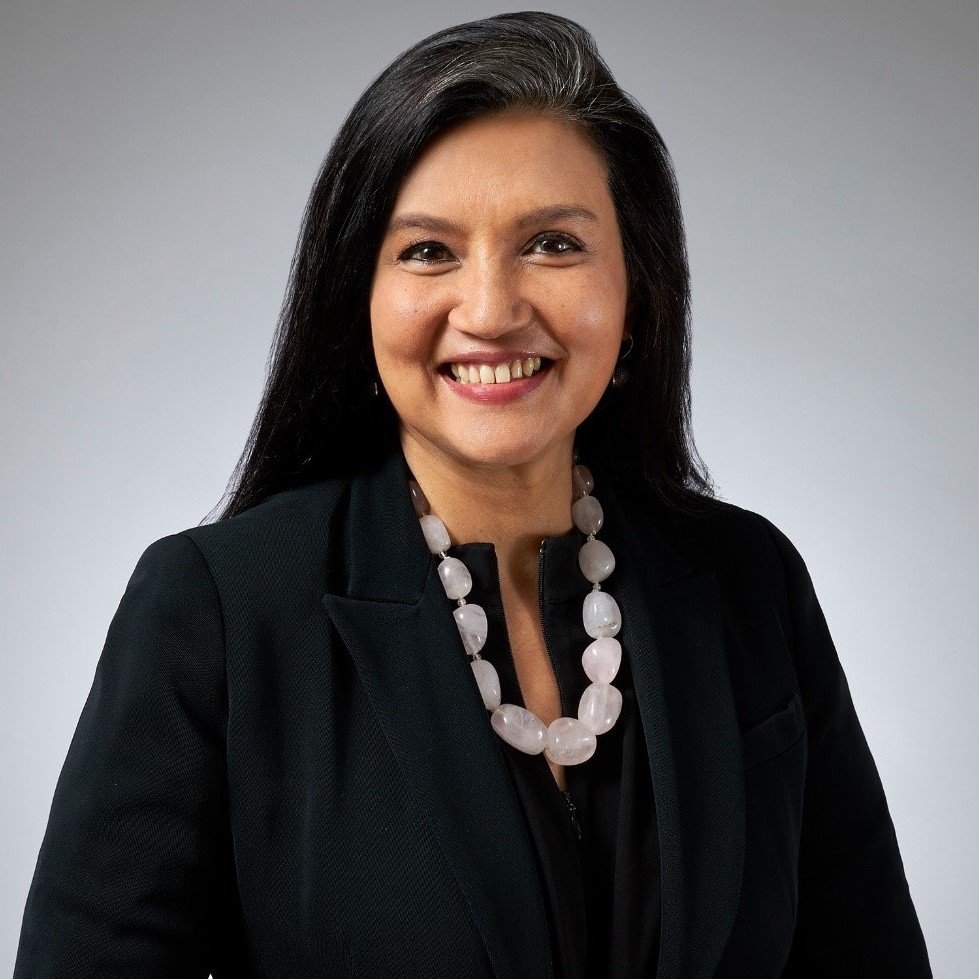
Suhanya Raffel, Museum Director, M+, Hong Kong
M+: to see is to believe
The opening of a new museum of scale, M+ in Hong Kong, offers an opportunity to reflect on, and share with professional colleagues, a range of issues that include the establishing of a museum voice that captures the vision for a community through to understanding what it means to negotiate with key stakeholders to bring the museum to the public. Over the last 6 years my focus has been on delivering and sustaining an institution while facing a range of challenges that include pandemic, social unrest, supply chain interruptions, travel restrictions, managing local and global expectations in the face of ensuring curatorial integrity and excellence as the base benchmark of the museums work. Relevance, resilience and negotiated positions are embedded in the success of M+, as we welcomed over 1 million people over a period of 4 months attendance. Hong Kong, a city of 7.5 million people, used to welcome over 50 million people in a year, is currently a city without any border open to the world. At the time of preparing for this CIMAM panel which considers an introspective idea, of changing the institution from inside, opening M+ brings a crucible of ideas and intentions that has been profoundly shaped by this particular time.
BIOGRAPHY:
Suhanya Raffel was appointed Director of M+ in the West Kowloon Cultural District of Hong Kong in 2016. The museum opened to the public in November 2021.
Previously, she was Deputy Director and Director of Collections at the Art Gallery of New South Wales (AGNSW), Sydney (2013–16), and has held many senior curatorial positions, including Deputy Director of curatorial and collection development from 2010 and Acting Director in 2012 at the Queensland Art Gallery/Gallery of Modern Art, Brisbane (1994–2013). In 2009–14, she was a member of the Asian Art Council at the Guggenheim Museum, New York, and in 2010–15 served on the boards of the Australia-China Council, Department of Foreign Affairs and Trade, Canberra, Griffith University Asia Institute, Brisbane (2010–15) and LendLease Public Art Advisory Committee (2014–16).
In 2020, she was awarded France’s Chevalier dans l’ordre des Arts et des Lettres and is the 2022 Sydney University Alumni Achievement Awardee for Cultural Contribution. She has been on the Board of CIMAM since 2016, and since 2021 has also been a member of the Bizot Group, as well as a Trustee of the Geoffrey Bawa Trust and the Lunuganga Trust, Sri Lanka (1994 –).
Keynote
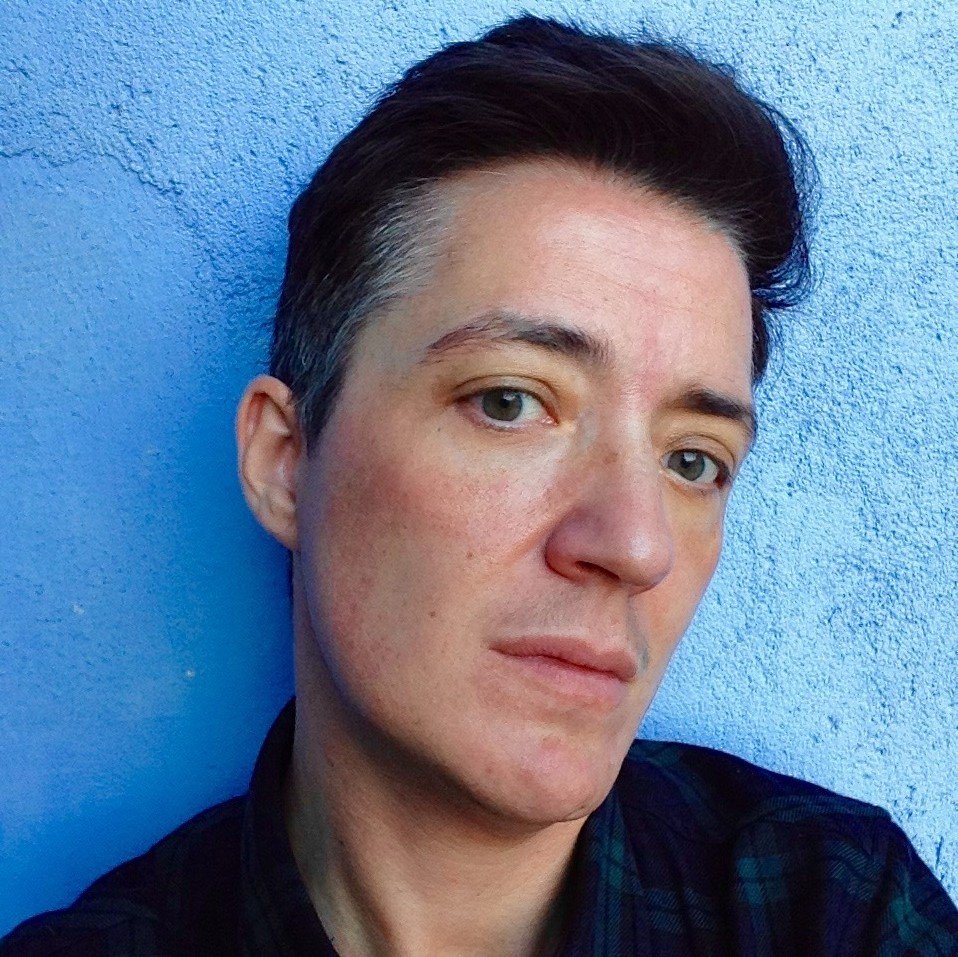
Paul B. Preciado, Writer and Curator, Paris, France/Spain
The Mutating Museum: Art institutions in a time of epistemic transition
Far from being a progressive or neutral place, the art museum has played a strategic role in the construction of hegemony and subalternity in Western modernity. Partaking in the processes of racialization, sexualization, and exclusion of the working classes and the non-conforming bodies and subjects, the modern museum served as the institution through which the colonial white binary subject first invented a global aesthetic. But it is this very visual and sensorial regime that is now being contested. At odds between the forces of the defense of petro-sexual-racial sovereignty and the neoliberal market, and the fights for restitution and decolonizing, the contemporary museum is mutating. But, in which direction? What role can the museum play in the epistemic and political transition we are undergoing?
BIOGRAPHY:
Paul B. Preciado is a writer, philosopher, curator and one of the leading thinkers in the study of gender and body politics. He has been Curator of Public Programs for documenta 14, Kassel/Athens; Curator of the Taiwan Pavilion, Venice Biennale 2019; and Head of Research of the Museum of Contemporary Art, Barcelona (MACBA). He has taught Philosophy of the Body and Transfeminist Theory at Université Paris VIII-Saint Denis and at New York University. His books, Counter-sexual Manifesto (Columbia University Press); Testo Junkie (The Feminist Press); Pornotopia (Zone Books); An Apartment in Uranus (Semiotexte and Fitzcarraldo), Can the monster speak? (Semiotexte and Fitzcarraldo) are a key reference to queer, trans, and non-binary contemporary art and activism. His lastest book, Dysphoria Mundi, is to be published in France in 2022 (Grasset), with an English translation published by Graywolf and Fitzcarraldo. He was born in Spain and lives in Paris.